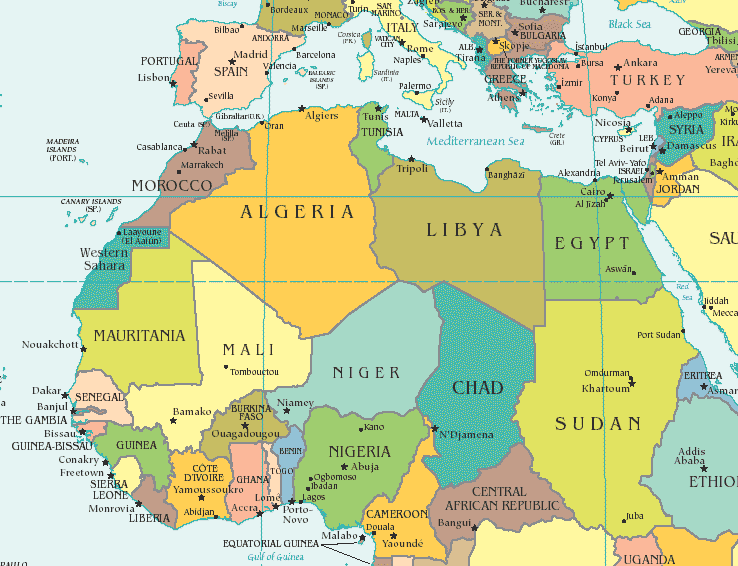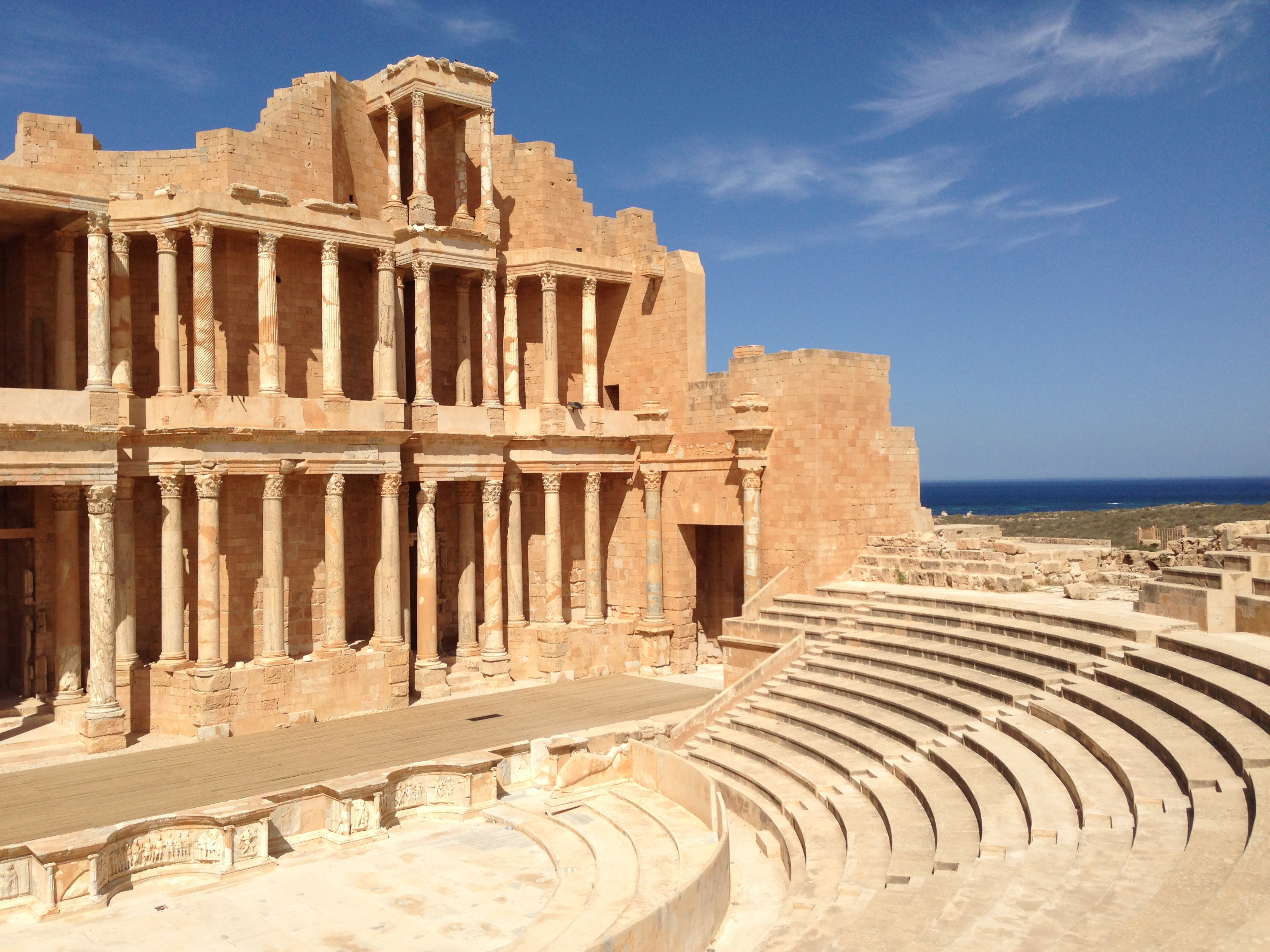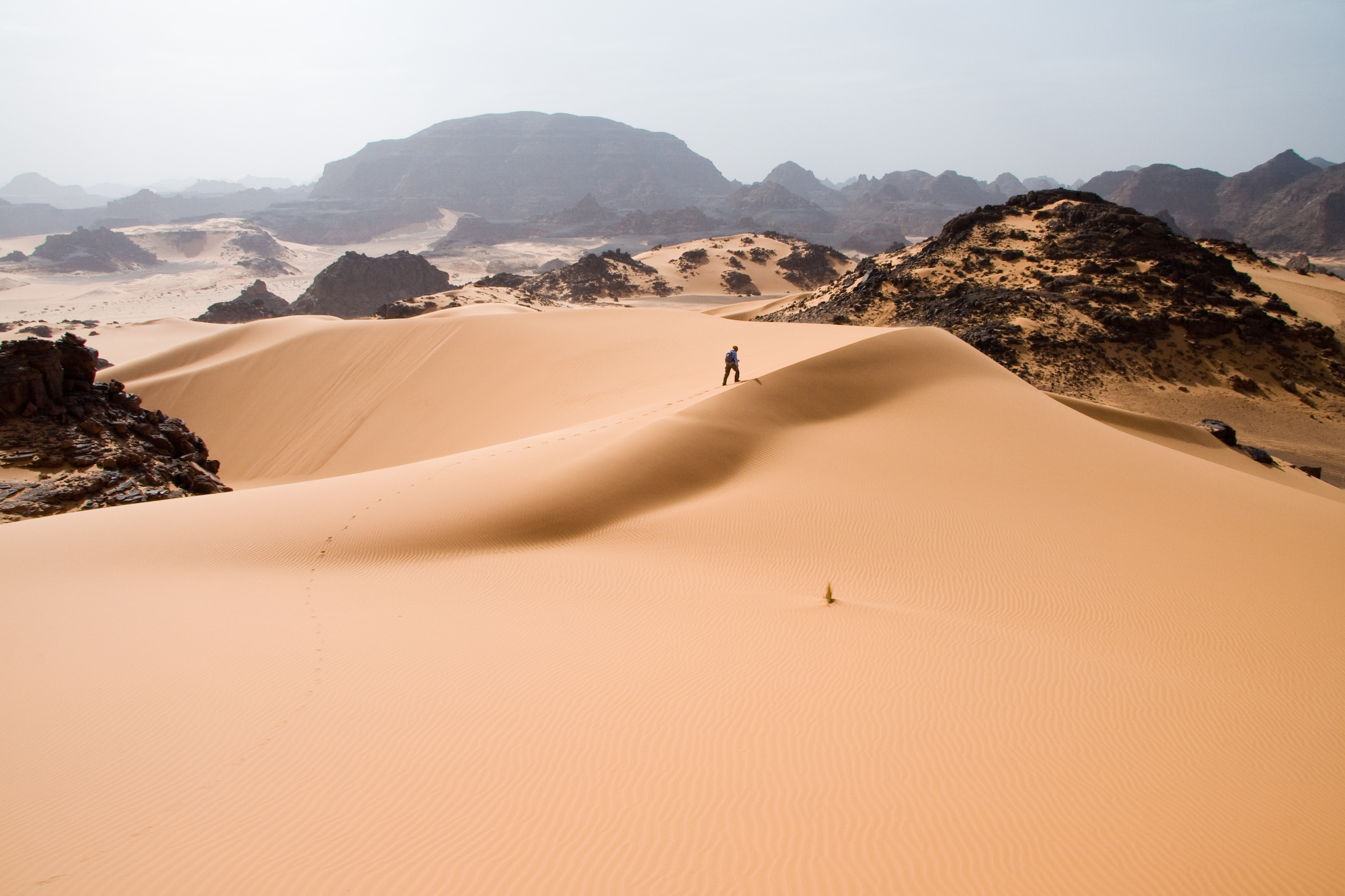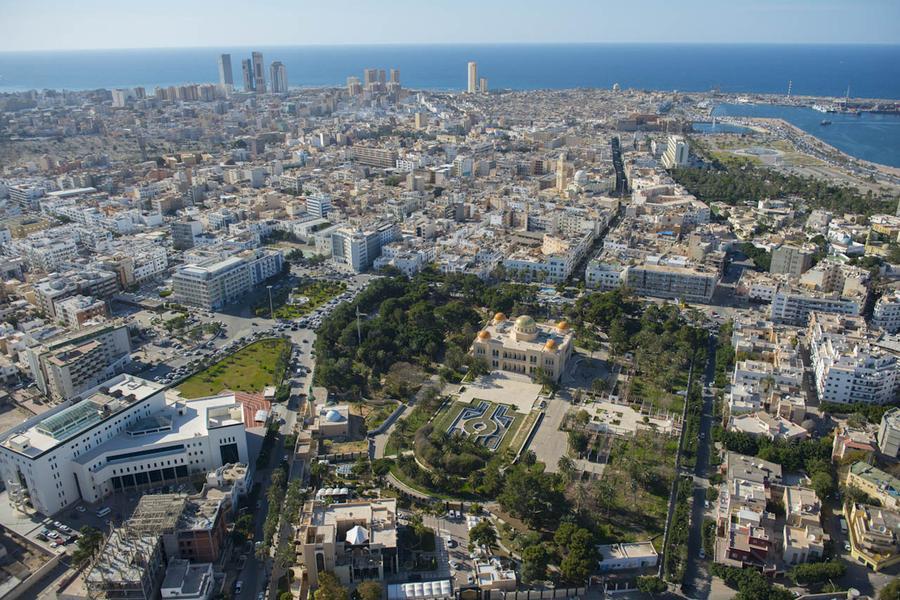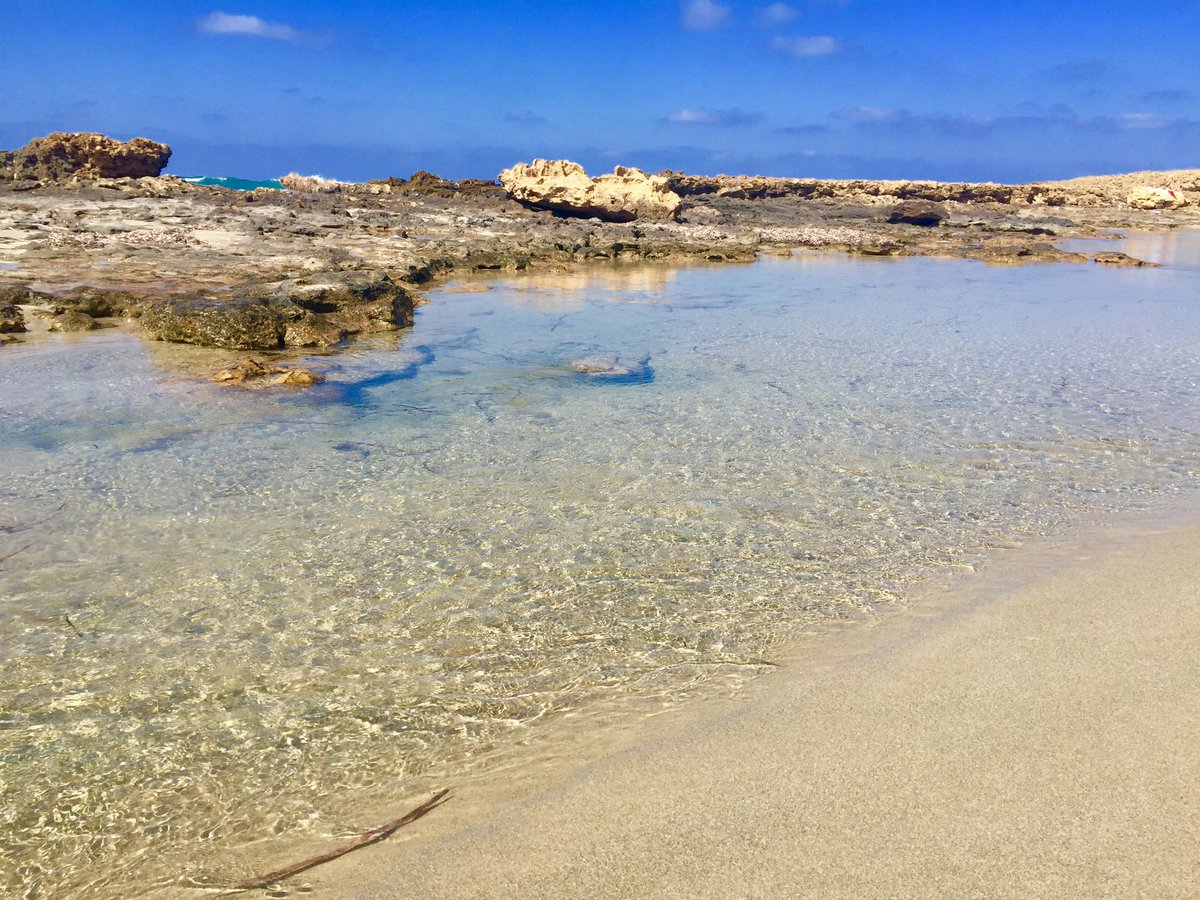What’s it Really Like in Libya?
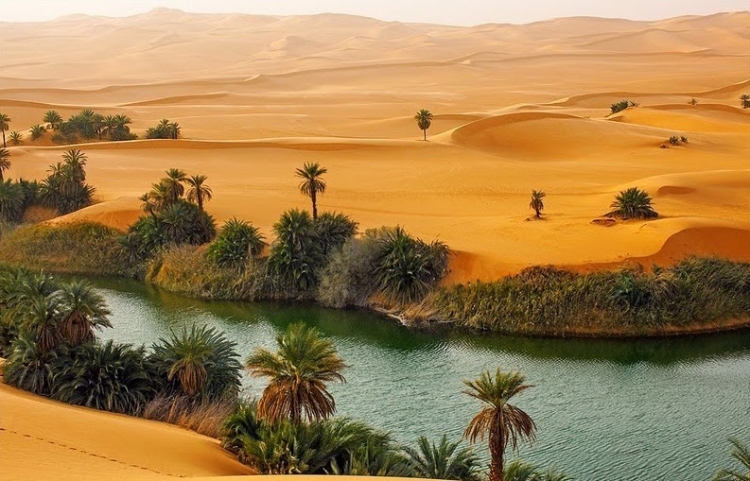
The country of Libya is located on the Northern side of Africa and bordered by Egypt, Sudan, Chad, Niger, Tunis, and Algeria. Libya is the fourth largest country in Africa and the seventeenth largest in the entire world. Despite being in Africa, Arabic is its only official language; the country also has an Arab like culture. The recent regulation and order in Libya have affected tourism tremendously. I grew up Tripoli, the capital of Libya. Despite Libya's political turmoil, I decided to bring to your attention all of the beauty that Libya has, the country that I so dearly miss.
Image Credit: Istanbul-city-guide.comLeptis Magna
It was a chilly Libyan morning. I bent through an archway and into the Leptis Magna, ruins of what was once the pride of the Roman Empire in Africa. The monument's high walls shimmered gold. The Leptis Magna's circular seating looks down onto a stage, where Roman actors played roles of a lifetime with a backdrop of the Mediterranean Sea's ice blue waters. Centuries later, the acoustics in the theater remain unscathed; a gentle whisper can be heard clearly and loudly by every member of the 3,000-person audience. I continued to wander the city and stumbled upon a small souk selling leather slippers, beaten metal plates, and exquisite hand-painted silk clutch bags. “Please tell people to come,” the craftsman told me, “we love tourists”. I am ashamed to say that I walked away without buying one of his bags. I realized that the man had mistaken me for a foreigner. Why don’t we let others discover our culture while we are not interested in discovering it ourselves? This was exactly three years ago. Despite the unsettling hint of tension, I had not expected the civil war.
Image Credit: HuffingtonpostSahara Desert
The Libyan Desert, the northeastern portion of the Sahara, which extends from eastern Libya to the southwestern region of Egypt and into the extreme northwest of Sudan. At the time of my visit to the Sahara, the world had just witnessed the beginnings of the Libyan Civil War, which eventually lead to the death of Colonel Gaddafi in October of 2011. While the world's focus remained on North Africa, I dithered over booking a last-minute flight to Sabha. At the time, I felt that there was little risk for tourists in the Sahara because the hospitality of the southern residents was resolute. From the firm greeting offered (“welcome into South, Madame”) to tourist vendors, it was obvious that Libyan people were to thank for blooming tourism industry.
Image credit: Wikimedia.orgTripoli: The Capital
Located between the Sahara and the Mediterranean, Tripoli is the country's largest, most globalized city. Known in Arabic as 'Al-Tarablus,' it is often neglected by tourists in favor of the natural and cultural landmarks that lie beyond the capital. Tourists who do find their way to the city soon discover that Tripoli has many touristic sights of its own, including a magnificent museum, an atmospheric Medina, a vast seaside promenade, and a strong presence of both Islamic and European architecture. Some of the city's highlights include the National Museum, As-Saraya al-Hamra, Modern City, the Medina, and souqs.
Image Credit: Jason HawkesAtaya Beach
Skip the bustling city and go to the beach! Known locally as Garabulli, this small village on the northwestern coast of Libya hosts brown and white sandy beaches, natural rock pools, and a peninsula that juts out into the gentle waves. More attractive beaches are spread from the west to the east, including the peaceful sheltered cove of Bst and the scenic sands of Subratah.
Image Credit: Pbs.twimg.comHow I wish that I could have shown you all of the picturesque places in Libya, but it impossible to share all its beauty in just one article. It's not easy to get people excited to travel to Libya because of the war, but I hope I to have shown you a different perspective of my home country. If only peace would return so I could hear someone say, if only just one more time, “Welcome to Libya”.

